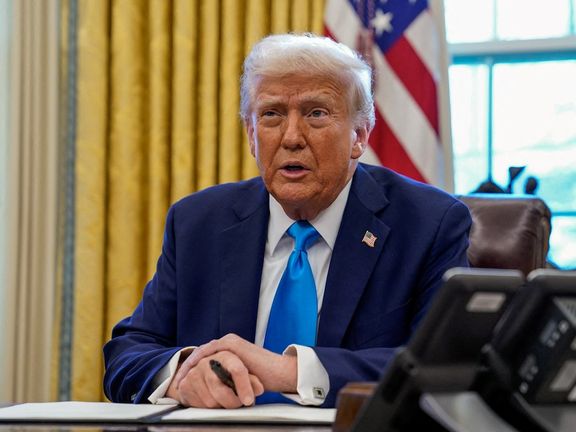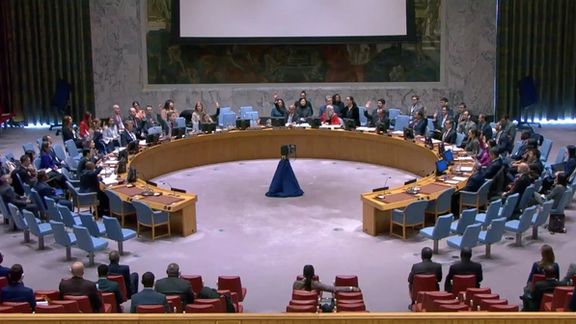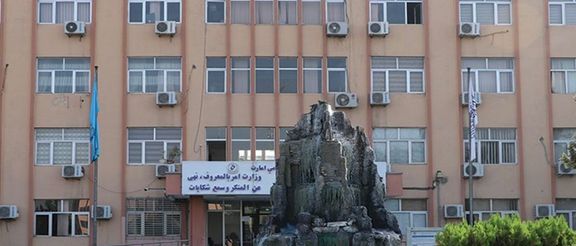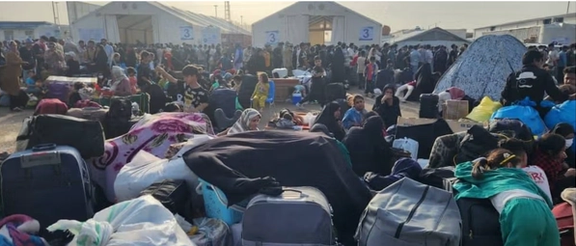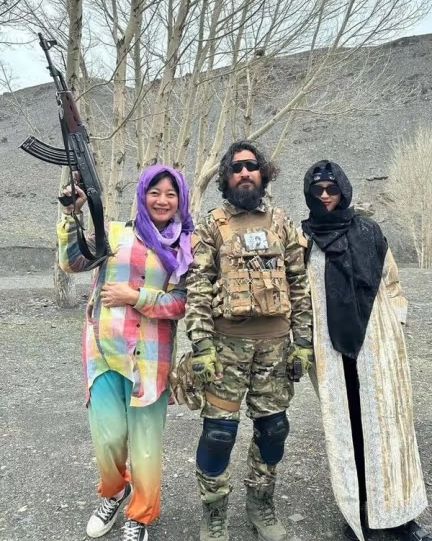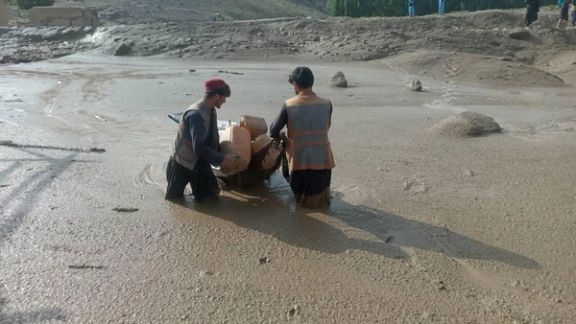The Taliban alleges that the editor accepted financial support from the United Nations Assistance Mission in Afghanistan (UNAMA), the UN’s cultural agency UNESCO, and the Islamic Republic of Iran. The ministry claims the funds were used to “bring women out of their homes under the pretext of work” and to produce “negative reports” about the Taliban government.
The ministry has also accused the editor of “moral corruption” and “espionage,” alleging that he secretly submitted reports to what it called “anti-Islamic media outlets” in exchange for thousands of dollars. A video of the detainee’s purported confession was later released by Taliban officials.
However, international human rights groups and independent observers warn that such confessions are often obtained through coercion, intimidation, or torture, and lack credibility under international legal standards.
The Ministry claimed the media outlet operated as a “centre for foreign espionage and moral corruption,” and that the accused admitted to receiving funding for religious and cultural projects, while producing critical material and sending it to international media.
Further charges include promoting gender mixing, distributing what the Taliban labels “harmful” religious texts, and attempting to undermine the regime through media reports. No independent evidence has been presented to substantiate the allegations.
Daricha, a Taliban-affiliated outlet, reported that additional individuals linked to similar organisations have also been detained, though no details were provided.
The Ministry for the Propagation of Virtue, which functions as police, prosecutor, and judge, has sweeping authority over social and public life. International organisations have described the ministry’s enforcement of so-called virtue laws as a systematic campaign of repression, particularly targeting women and dissenting voices.
In recent weeks, the Taliban has intensified its crackdown on journalists and women’s rights advocates. On Tuesday, the Afghanistan Journalists Center reported that Taliban authorities had detained at least seven journalists in Kabul and other provinces over the past three weeks. A total of 15 journalists are currently being held in Taliban custody.
Since returning to power in August 2021, the Taliban has imposed strict curbs on press freedom and expression. Journalists and media workers have been regularly arrested, threatened, and in some cases tortured, often on vague or unsubstantiated charges such as espionage or moral misconduct.
International human rights and press freedom organisations have condemned the Taliban’s actions, calling them blatant violations of international law and fundamental human rights. They continue to call for the immediate release of detained journalists and the restoration of media freedoms in Afghanistan.
